 At Peartree Spring Primary School, we are committed to supporting the emotional health and wellbeing of our children and staff.
At Peartree Spring Primary School, we are committed to supporting the emotional health and wellbeing of our children and staff.
We have a supportive and caring ethos and our approach is to establish a school culture where everyone is respected and all are deeply valued.
We aim to teach our children about the importance of both their physical and emotional wellbeing through different subjects in the curriculum and in whole school assemblies.
We aim to develop understanding of their personal responsibility towards themselves and others so that they flourish as individuals within the community. Our goal is to ensure that our children feel safe and know how to ask for help.
At our school, we know that everyone experiences life challenges that make us vulnerable and at times, anyone may need additional emotional support. We take the view that mental wellbeing is everyone’s business and that we all have a role to play.
At Peartree Spring Primary School, we have a pastoral team that are able to support children and their families which may be in need of individualised programmes. We work alongside other professionals to provided the best support packages for the more challenging times our families might be facing.
Family Liaison Workers and the pastoral team use a range of interventions and resources when supporting pupils.
Their role is to provide support to service users, empowering them to address various challenges, reducing problems and risks.
The school’s Family Liaison Workers can support either parents or children with a range of social and personal issues, including domestic abuse, bereavement or homelessness.
Family Liaison Workers use a range of interventions and resources when supporting pupils such as:
Emotional Literacy – This is a 6-12 week programme which is tailored to a child’s individual needs and can start with the development of emotional vocabulary in order to help children understand and appreciate their feelings and those of others. This includes reflection about how our behaviours can impact on others and also looks at supporting children to articulate how they are feeling. ELSAs will also help children and young people to find their own solutions and strategies to help them with any problems they might have in the future. Some areas the ELSA intervention might be used:

Sibs talk – This is a one to one intervention designed by the UK charity Sibs to help schools support siblings in Key Stage 2. The purpose is to improve siblings wellbeing and engagement with their learning. It also provides the child with an opportunity to acknowledge their thoughts and feelings around their lives and of those of their sibling. The activities aim to:
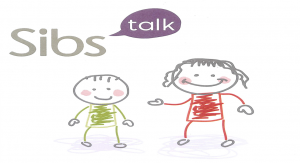
Youth Mental Health First Aiders – Our Youth Mental Health First Aiders have been trained by Mental Health England to support young people aged between 8-18. They are trained to spot the signs of mental health crisis and issues in a young person, offer first aid and guide them and their families towards the support they might need. They are not Mental Health therapists, but can listen, reassure and respond, even in a crisis – and even potentially stop a crisis from happening. The training includes:
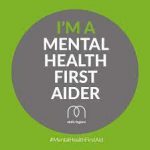
My Time – This is a 6-12 week pro-social programme where play is led by a child in order to boost their self-esteem and communication skills. This also gives children the opportunity to build on positive relationships with adults who often have difficulty identifying troubling feelings such as anger, fear and anxiety

Protective Behaviours – This is a 6-8 week programme. It is a safety awareness programme which focuses on resilience and helping children to recognise any situations where they may feel worried or unsafe. It explores practical ways to stay safe emotionally and physically.
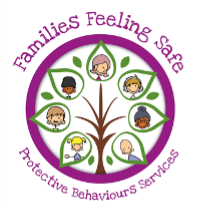
Restorative Conversations – These are used to support children to work through any incidents of conflict. The children are supported by a member of staff to think about how to move forward with the situation. The process explores how the incident has made each child feel and the aim is to develop children’s reflection, empathy and problem-solving skills. Investing in these strategies will hopefully help children to build on their resilience.
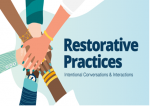
Bright Stars – This is a 6-week self-esteem nurture programme where we explore feelings and worries. It provides children with strategies to help recognise and manage their emotions and develop self-regulation techniques. This can include meditation, colouring, breathing techniques, visualisation or movement based activities

Brick Club – This is an 8-12 week programme using Lego to help children develop their communication and social skills. Children learn how to encourage and engage with others as well as build on their team work skills. Children are given a different ‘job role ‘ within the group each week. Each role will focus on a specific area they are responsible for. This allows the children to develop an understanding that everyone works differently.

My World and Me – This intervention helps support children with communication and emotional literacy. It is used to help the child build a network of support and communicate how they feel and see the world around them. It helps the child build positive relationships and awareness around their individual needs.

Drawing and Talking – This 12 week programme is a child-centred, therapeutic, play intervention. It focuses on supporting the social and emotional well-being of children and young people. This can also be delivered in the form of sand play. Drawing and talking can also be used as a shorter intervention in the form of directed group work.

Social Stories and Comic Strip Conversations – Are ways to help children develop a social understanding, this can have a positive impact on peer relations, understanding the classroom and expectations of the school environment. This is a reflection technique that helps conflict resolution.

Starving the Anger Gremlin – This imaginative workbook shows young people how to starve their anger gremlin and control their anger effectively. Made up of engaging and fun activities, it helps them to understand why they get angry and how their anger affects themselves and others, and teaches them how to manage angry thoughts and behaviours.
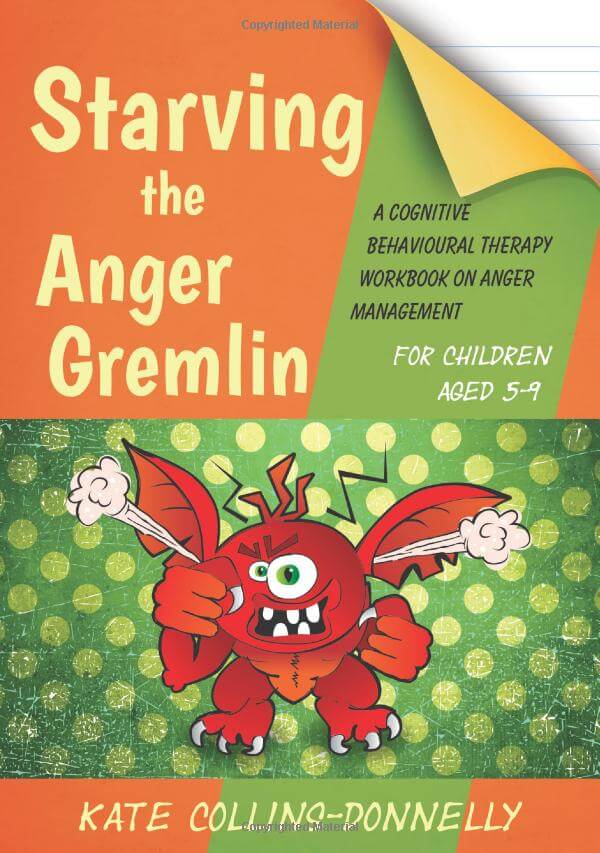
Starving the Anxiety Gremlin – This imaginative workbook shows young people how to starve their anger gremlin and control their anger effectively. This intervention is based on cognitive behavioural principles and uses fun and engaging activities. It helps children to understand why they get angry and how their anger affects themselves and others, and teaches them how to manage angry thoughts and behaviours.
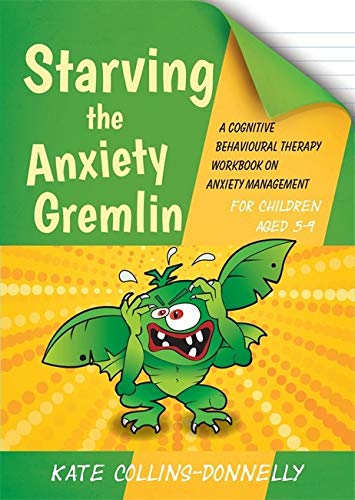
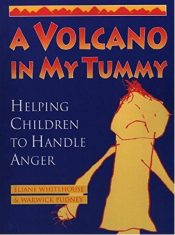
What to Do When Your Temper Flares – Helps guide children through the cognitive-behavioural techniques used to help children with their anger. Engaging examples, lively illustrations, and step-by-step instructions to teach children a set of “anger dousing” methods aimed at cooling angry thoughts and controlling angry actions, resulting in a calmer mood.
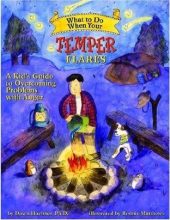
What to Do When You Worry Too Much- is an interactive self-help book designed to guide children through the cognitive-behavioural techniques most often used to support children with anxiety, worries and help build on their self-esteem. This intervention is engaging, encouraging and easy to follow using a story and drawing activity after each section this book educates, motivates, and empowers children to work towards change.
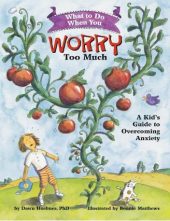
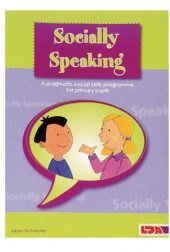
Time to Talk – this intervention has been developed to teach and develop oral language and social interaction skills to children aged 4-6 and aims to help develop the “rules” of interaction with the help of the character Ginger the Bear, who features in all the activities. Skills taught include: eye contact; taking turns; sharing; greetings; awareness of feelings; giving; following instructions; listening; paying attention; and play skills.
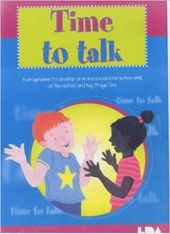
Homunculi – The Homunculi Approach is a Cognitive behavioural therapy (CBT) programme for children and young people on the Autism spectrum or with emotional and behavioural difficulties.
The approach aims to build social and emotional resilience in children and young people, especially for those with high functioning autism or Asperger’s Syndrome who often have difficulty identifying troubling feelings such as anger, fear and anxiety.
As part of the Homunculi approach a child/young person is asked to invent their own Homunculi characters (agents) and stories. These Homunculi agents are used to help the child/young person tell a problem solving story in which the agents help out with real-life distressing thoughts, feelings and behaviour. The activity of storytelling helps the child/young person to learn to cope with social problems.
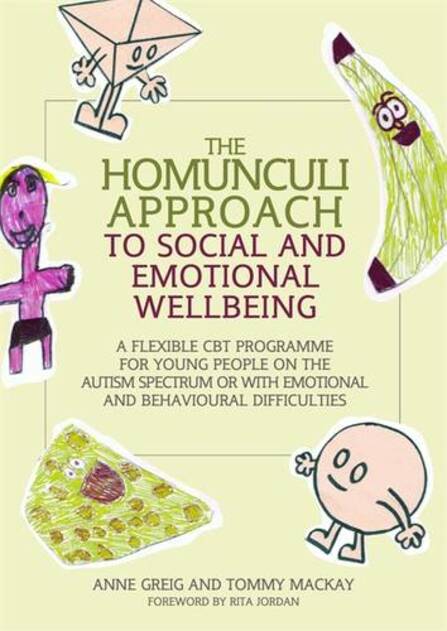
Penn Resilience Programme is based on the Penn Resilience Programme (PRP), which was originally developed by a team of psychologists at the University of Pennsylvania. The programme is based on Albert Ellis’s cognitive behavioural model. This is a universal programme delivered to year six students. It is designed to build young people’s resilience and promote realistic thinking and adaptive coping. Students are taught skills and coping strategies which are designed to contribute towards a number of resilience competencies, such as emotional intelligence and flexible and accurate thinking. Children also learn techniques for positive social behaviour, including assertiveness and negotiation. All sessions promote positive mental health.

Bereavement support- This is very much an individual type of support tailored to each child’s needs and level of support required. We offer the child an opportunity to discuss their thoughts and feelings in a safe and nurturing way if they wish too. We are also part of the ‘contact me school under the stand by me programme’
![]()
My Star- My Star can be used to capture the voice of a child around their needs or anxieties. My Star covers eight outcomes areas relevant to child’s life; Physical health, Where they live, Being safe, Relationships, Feelings and behaviour, Friendships, Confidence & self-esteem, Education & learning. Each outcome area can highlight the areas needing support as well as areas of confidence.


The Boxall Profile
What is it?
The Boxall Profile is an assessment tool widely used in many schools across England. Boxall Profiles enable schools to identify children’s strengths and any obstacles that could be affecting their learning.
How is it used at Peartree Spring?
At Peartree Spring, we use Boxall Profiles to assess the needs of children and as a way to plan pastoral interventions to support Social, Emotional and Mental Health needs, as well as children’s wellbeing. By using a Boxall Profile assessment, adults gain a clearer understanding of how to best support the wellbeing needs of the individual child. It is not used to diagnose any specific learning or mental health needs.
For more information on The Boxall Profile, please visit https://www.nurtureuk.org/what-we-do/the-boxall-profile/

Peartree Spring Primary School
Hydean Way
Stevenage
Herts
SG2 9GG
© 2021 Peartree Spring Primary School